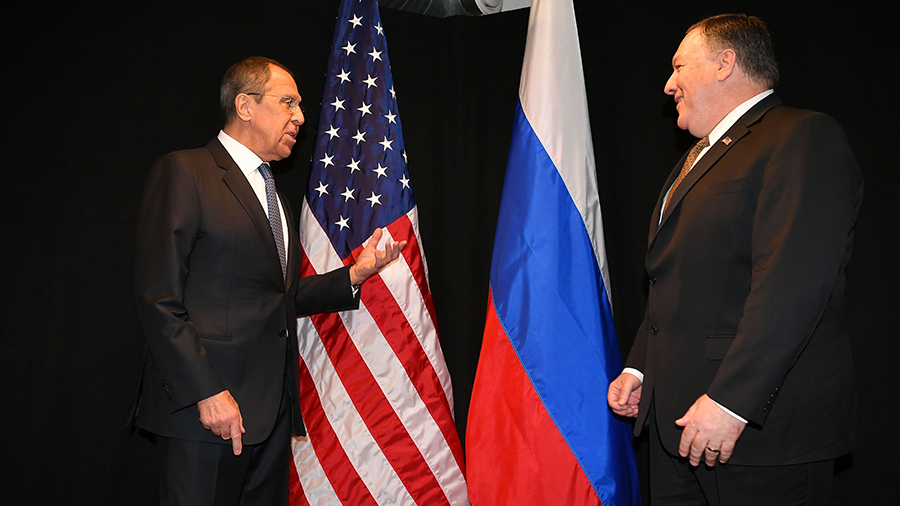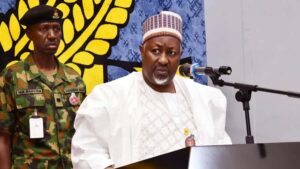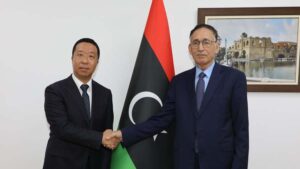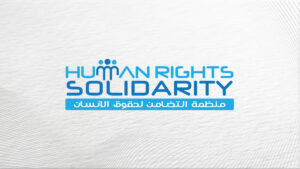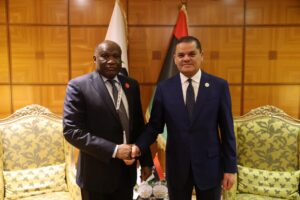The United States’ Department of State said Friday that Washington was deeply disappointed that Russia had blocked the proposed designations of Libyan Mohamed Al-Kani and his militia of Al-Kaniyat, especially in light of the well documented human rights violations they had done, and countered their nomination on the Security Council Sanctions List pertaining to Libya.
“The US Government nominated Al-Kani and Al-Kaniyat militia to the UN Security Council’s 1970 Libya Sanctions List on November 13. Russia blocked it.” The US State Department said in a statement.
It added that Russian intransigence only reinforces the need for the international community to seek accountability and end impunity, which has fueled the conflict in Libya.
The US has imposed sanctions on Mohamed Al-Kani and Al-Kaniyat militia in connection with the massacre of hundreds of civilians in recent years, saying that prior to a de facto truce in Libya reached in June 2020 and while aligned in 2019-2020 with Khalifa Haftar’s militias’ offensive against the Libyan capital, Al-Kaniyat militia conducted a campaign of extrajudicial violence in the Tripoli region.
“Following the end of the Tripoli offensive, Libyan Government of National Accord-aligned forces re-entered the town of Tarhouna and discovered at least 11 mass graves containing the bodies of civilians previously detained by the Kaniyat militia – the bodies included those of women, children, and the elderly.” The statement reads.
It adds that some of the deceased people found in graves reportedly appeared to have been tortured, burned, or buried alive, saying that months later, bodies are still being recovered from additional mass graves.
The statement also remarked that the designations against Al-Kani and his militia show that the US will take concrete actions in response to serious human rights abuse which contributes to the undermining of Libya’s peace, security, and stability.
The US Department of State said it remains concerned about Libyan and external actors working to undermine stability in Libya and UN peace efforts, including the Libyan Political Dialogue Forum.
“The United States continues to support the international fact-finding mission; the Berlin Process, including its International Humanitarian Law and Human Rights Working Group; and Libyan authorities working in Tarhouna to address cases of missing persons.” The statement explains.

